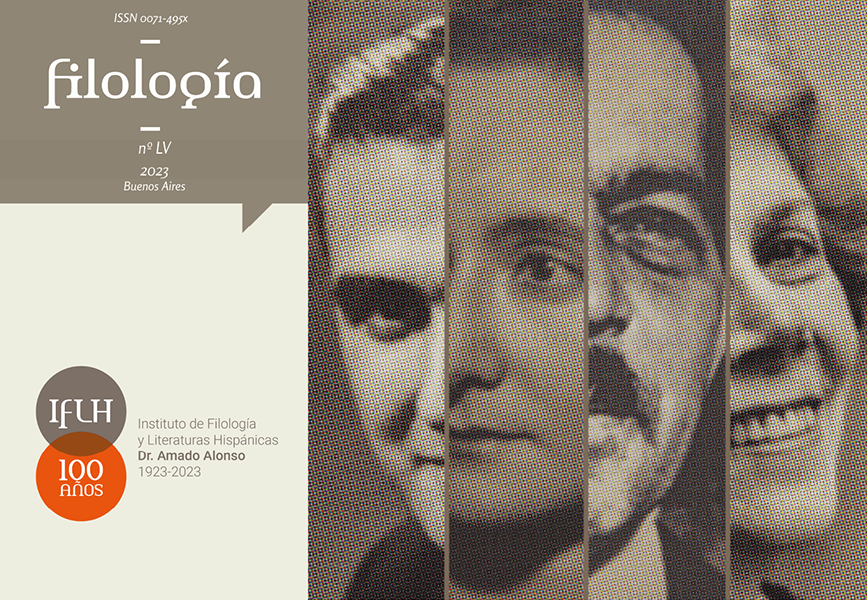‘el gran deseo que a este agujero la ha traído’. Don Quixote, Sleepless Maidens and the Challenges of the Flesh.
Abstract
The cazurra sequence of the barn mockery at the inn of Juan Palomeque (Quixote, I, 43) is one of the passages whose value has not been adequately emphasized over four centuries of uninterrupted readings. First, because it is not, strictly speaking, an adventure, an aspect which, in addition, resonates to the categorical problem of why the passages that pivot on the erotic-amorous dimension of the novel are not considered as such. Second, incidentally, because the fine structural correspondence -with subtle games of mirroring and various refractions- has not been noted between this interlude in which the knight does not sleep, out of his own free will, and that other one, in I;16, which was similar as he could not rest because he was so beaten. These veiled tensions bring to the foreground a series of cazurro games apparent in dilogies and communicational misunderstandings where, in a nutshell, what is problematised is the corporeal status of the subject and his desiring condition. These are the main courses through which the narration will channel, step by step, the protagonism of the wanderer.Downloads
Download data is not yet available.
Published
2023-09-27
How to Cite
Vila, J. D. (2023). ‘el gran deseo que a este agujero la ha traído’. Don Quixote, Sleepless Maidens and the Challenges of the Flesh. Filología, (55). https://doi.org/10.34096/filologia.n55.13486
Section
Artículos
Copyright (c) 2023 Juan Diego Vila

This work is licensed under a Creative Commons Attribution-ShareAlike 4.0 International License.













